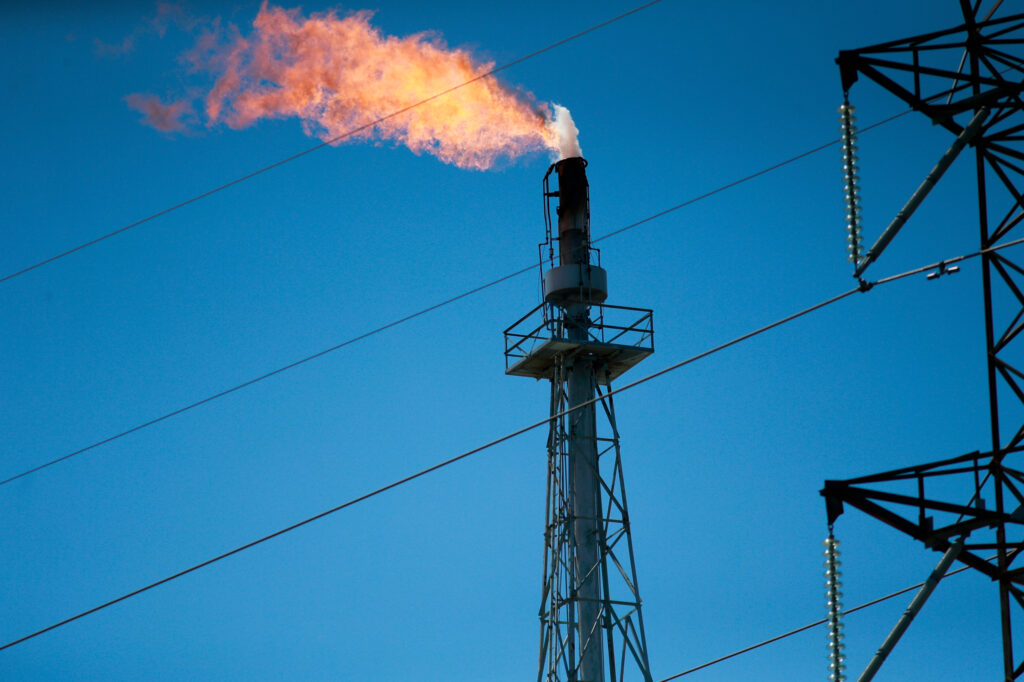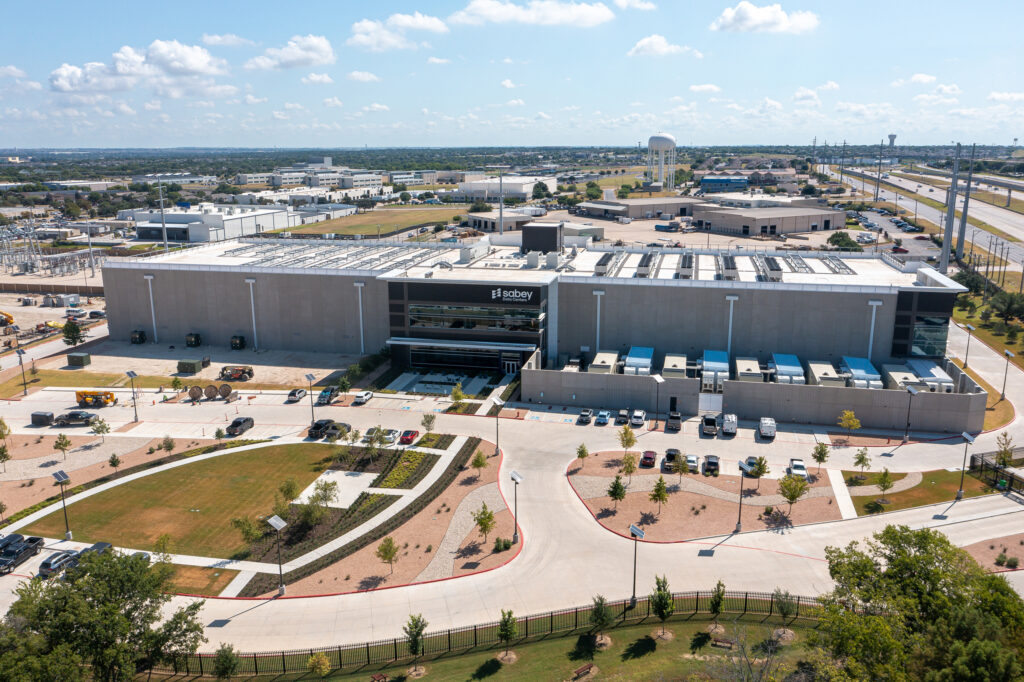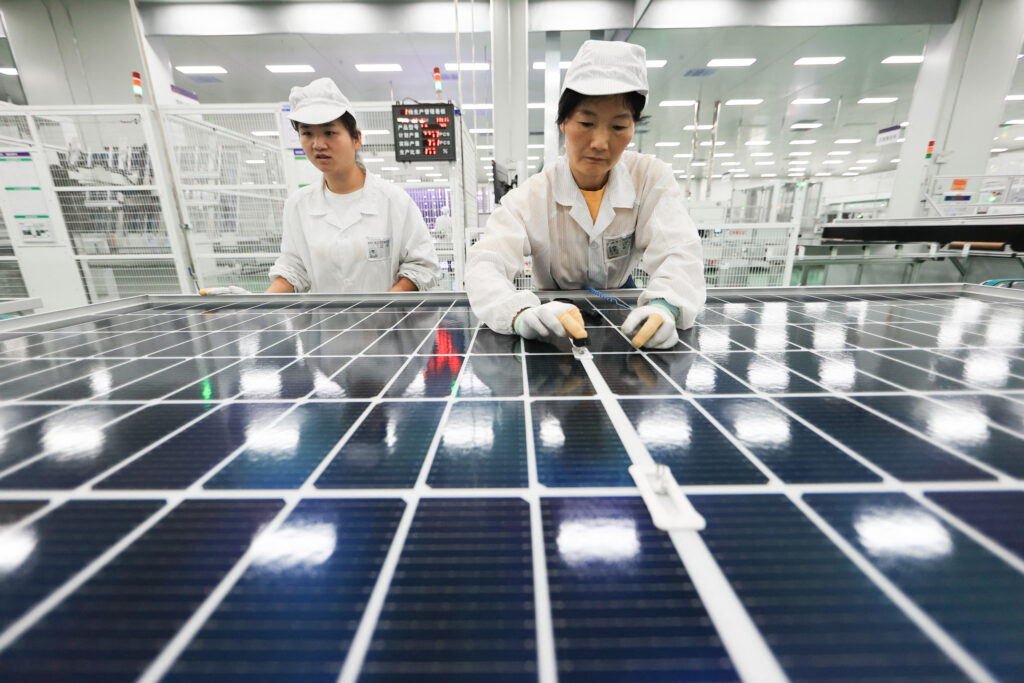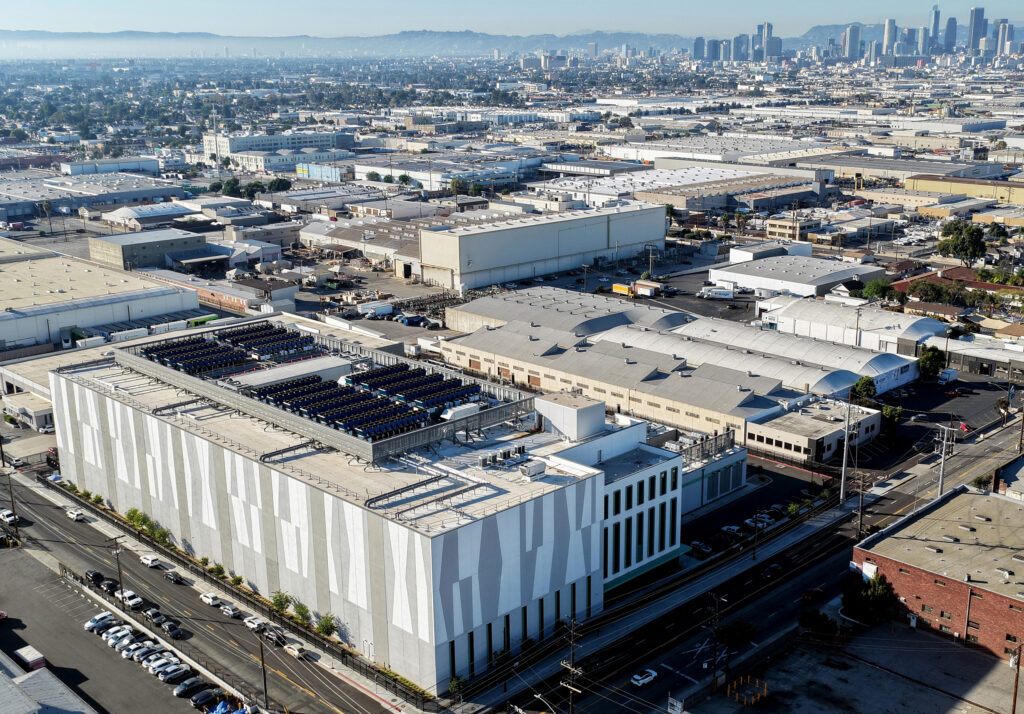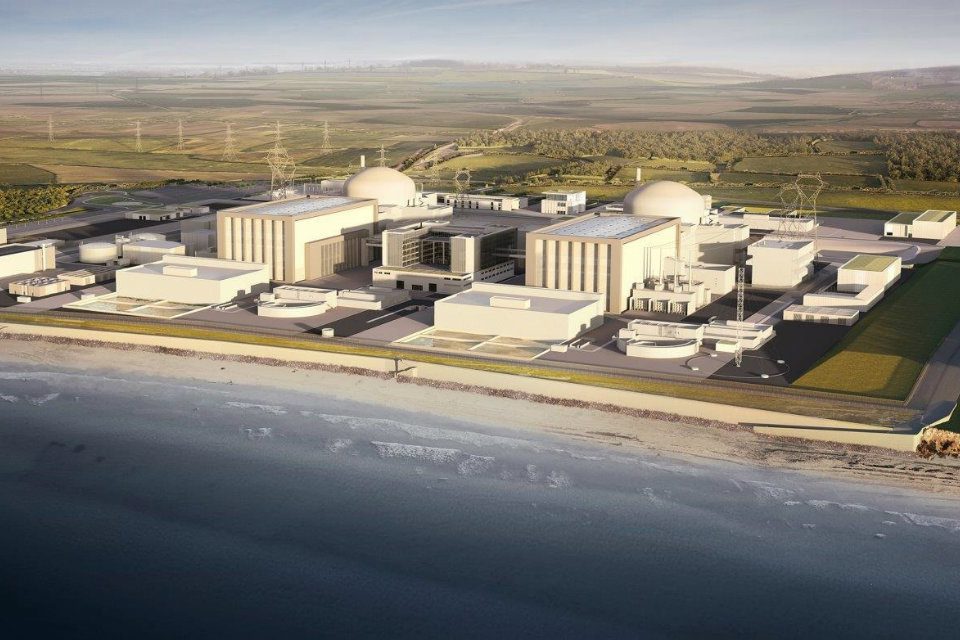With the launch of the world’s first hydrogen-powered ferry, California has taken another step toward carbon-free transportation. The MV Sea Change can transport 75 passengers and will run for free every weekend for the first six months, covering the distance between the Ferry Building and Pier 41 in San Francisco Bay in approximately 15 minutes.
Hydrogen fuel cells powering the ferry use the process of electrolysis to split the protons and electrons in a hydrogen molecule, generating electricity. This reaction propels the vessel and produces potable water as a byproduct. Passengers can drink this water from a fountain on board.

According to Timothy Lipman, co-director of the Transportation Sustainability Research Center at the University of California Berkeley, the difference between the functioning of an electric battery cell and a hydrogen fuel cell is minimal. “Every fuel cell vehicle is an electric vehicle—the same electric motor that is in a battery car. But instead of being driven with electricity from the battery, it is being driven with electricity from the fuel cell and the battery,” he said.
So what’s limiting the use of hydrogen fuel cells in other means of transportation? The membrane that acts as the catalyst for the electrolysis is made up of platinum—one of the costliest metals in the world. While hydrogen fuel cells are 2.5 times more sustainable than gasoline, according to the California Air Resources Board, they’re exponentially more expensive. Additionally, much like gasoline, hydrogen fuel is highly flammable.
Explore the latest news about what’s at stake for the climate during this election season.
Plenty of research has been done on implementing cost-effective strategies to make hydrogen fuel cells, but Lipman believes newer discoveries raise more questions about the use of hydrogen as a fuel. Research shows that while a hydrogen gas leak doesn’t pose an immediate threat to the climate, it slows down the process by which methane gas breaks down. “It’s complicated but it’s something we’re just beginning to understand,” he said.


Hydrogen fuel cell demand is high in the long-haul trucking industry, but the maritime industry is still far from adopting these technologies. Maritime vessels—some new and most old—are designed to be reliant on oil-derived fuel.
As the demand for carbon-efficient vessels grows, new companies are focusing on building vessels that can bypass the need for extensive modifications. Funding to build the ferry and fuel cells came from the California Air Resources Board (CARB) and is part of a larger California Climate Investments initiative that commits billions of dollars toward reducing greenhouse gas emissions and strengthening the economy. Incorporating hydrogen-powered vessels into the fleet is part of the San Francisco Bay Ferry’s larger objective of cutting emissions of the 16-ferry fleet by two-thirds by 2035.
“There will be a time where we and customers want fully electric fleets and that will mean not retiring a vessel but retrofitting one,” said Seamus Nolan, corporate development associate at SWITCH Maritime, which owns the vessel. The MV Sea Change and other projects underway at SWITCH Maritime would be equipped to transition from using hydrogen fuel cells to electric batteries if necessary.


Zero Emissions Industries LLC built the hydrogen fuel cell systems that power the ferry. According to John Motlow, chief strategy officer, the cells were in the making for almost three years. He is positive that the future of hydrogen fuel cells is bright and more cost-effective. “It went from very few people talking about hydrogen fuel cells to now being talked about all the time. They are a major part of the conversation when it comes to the future of medium heavy-duty [vehicles] and so, the demand is building aggressively,” he added.
California is a front-runner in investing in clean energy across industries. Funding the research and applications of hydrogen based energy is one of the many ways the state aims to reach its goal of net neutrality by 2045. The most recent addition to the pool of federal funding has come through the Department of Energy with the launch of a $1.2 billion Hydrogen Hub to expand clean energy infrastructure across California.
About This Story
Perhaps you noticed: This story, like all the news we publish, is free to read. That’s because Inside Climate News is a 501c3 nonprofit organization. We do not charge a subscription fee, lock our news behind a paywall, or clutter our website with ads. We make our news on climate and the environment freely available to you and anyone who wants it.
That’s not all. We also share our news for free with scores of other media organizations around the country. Many of them can’t afford to do environmental journalism of their own. We’ve built bureaus from coast to coast to report local stories, collaborate with local newsrooms and co-publish articles so that this vital work is shared as widely as possible.
Two of us launched ICN in 2007. Six years later we earned a Pulitzer Prize for National Reporting, and now we run the oldest and largest dedicated climate newsroom in the nation. We tell the story in all its complexity. We hold polluters accountable. We expose environmental injustice. We debunk misinformation. We scrutinize solutions and inspire action.
Donations from readers like you fund every aspect of what we do. If you don’t already, will you support our ongoing work, our reporting on the biggest crisis facing our planet, and help us reach even more readers in more places?
Please take a moment to make a tax-deductible donation. Every one of them makes a difference.
Thank you,






